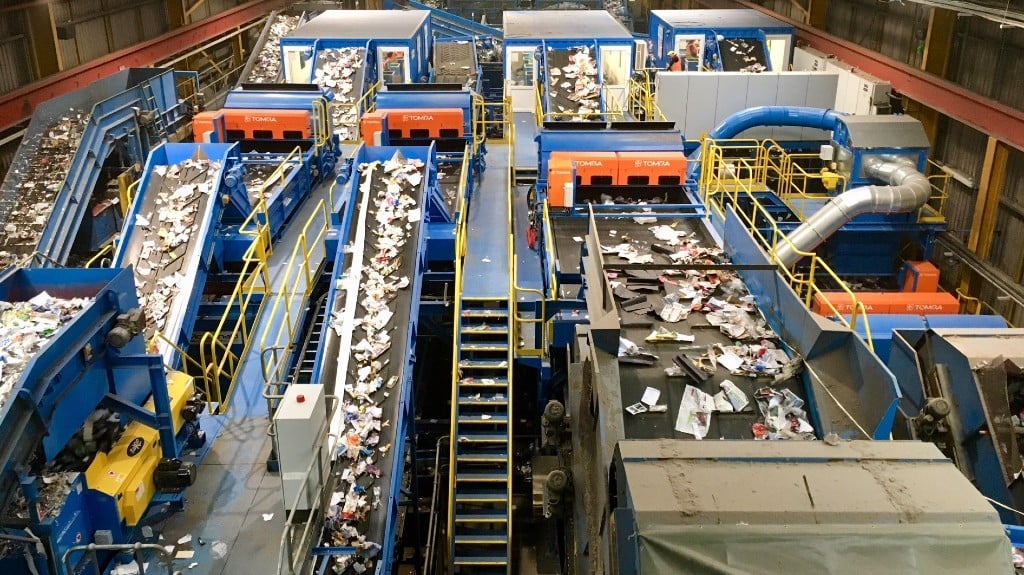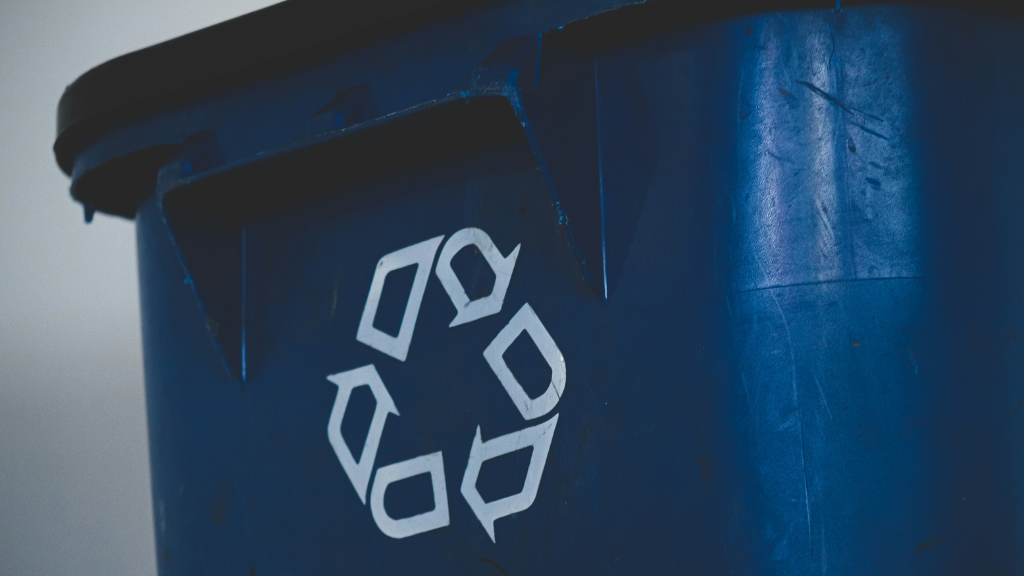Commentary: Automating recycling is good strategy during Covid-19 and for the future
New sorting technology can help overcome recycling business disruptions due to pandemic and challenges in years to come

The rapidly evolving effects from the Covid-19 coronavirus global pandemic has the recycling industry along with governments and companies around the world enacting unprecedented measures to protect both lives and livelihoods.
Deemed essential services in many countries, waste and recycling industries face significant virus-related impacts, as collection services and practices are being altered to protect workers. Receiving recyclable materials has a high rate of interaction with the public, and the recycling process often involves close worker interaction.
As a result, many locations around the world have temporarily halted collection of a portion or all recyclable materials. In the United States, Michigan and South Carolina facilities have halted the collection of recycle materials placed curbside, turning to landfilling instead.
In the United Kingdom, where recycling centers are not considered "essential," some councils have reduced bin collection services, while others have closed recycling entirely to prevent close contact among people and possibly spreading the virus.
To mitigate the inherent risks associated with coronavirus, the U.S. Department of Labor's Occupational Safety and Health Administration (OSHA) has issued the general safe practices guidelines of frequent handwashing with soap and water, use of hand sanitizer, avoid touching the face with unwashed hands and avoid close contact with those who are sick.
OHSA recommends that waste agencies handle solid waste with potential or known COVID-19 contamination like any other non-contaminated waste - use typical engineering and administration controls, safe work practices and personal protective equipment (PPE), such as puncture-resistant gloves and face and eye protection, to prevent worker exposure to the waste and recycle materials managed.
To minimize worker interaction, recycling companies are adjusting business practices, including moving to staggered collection shifts to prevent virus exposure. Manual sorter repositioning and staggered breaks have also been widely implemented for social distancing. Where sorter repositioning is not possible, temporary barriers between workers are being placed.
Strain on supply
Consumer buying and recycling habits in Europe have seen a spike in virgin PET demand, combined with decrease return rates, taxing the recycled polyethylene terephthalate (rPET) market, the most widely recycled plastic in Europe. French recycling operations anticipate reduced collection rates for polyethylene and polypropylene as well, at a time when the market typically sees the start of peak season for rPET and recycled polyolefins.
A vast majority of U.S. states with bill deposit programs have suspended enforcement, limiting the returns of aluminum cans as well as glass and plastic bottles. Still other states have stopped drop-off programs at recycling facilities and reduced facility operating hour reductions to combat the virus.
Automation and technology advances
The waste and recycling industries face the compounded issue of material and labour shortage trends for the foreseeable future during the pandemic. Recycling operations must make the most with the material they receive, with fewer workers.
China National Sword in 2017 started the innovation engine for plant builders and manufacturers of equipment used at MRFs and metal recycling yards. Before National Sword, recycled product with up to 10 percent impurities was acceptable. After, impurity content of no more than 0.05 percent was mandated, and other countries eventually followed China's lead.
Equipment automation is helping to deliver better separation of mixed materials at the front end of the recycling circuit. The expanded use of more advanced front-end screening and separating equipment is helping to better classify paper, containers, glass and metals, based on size, color, density and ballistic properties.
On the circuit's back end, where material is sorted into final products, significant improvements in equipment technologies are helping to reduce the number of manual sorters required for final product quality. Newer laser technologies introduced over the last three years make it possible to remove more impurities from metal and paper products. Sensor improvements now enable optical sorters to pick out fine molecular differences in PET and paper materials to get a cleaner product sort.
Digital trends
Today, more of the recycling circuit's components can be networked together to further advance efficiencies. Sorting machines can capture operating data, such as when the circuit is running, duration, output and service alerts, that can be accessed remotely via an Internet connection. This allows managers to employ fact-based decision making about the equipment and circuit, improve operating efficiency and increase sorting accuracy.
More available data combined with significantly improved computing capabilities has expanded the use of artificial intelligence (AI) in sorting equipment to help recycling operations solve much more complex sorting problems than in the past. Robotic sorters and sensor-based sorting equipment are now integrated with advanced machine learning capabilities to recognize patterns in the waste stream and make a smarter sort.
This article was submitted on behalf of TOMRA Sorting Solutions.



